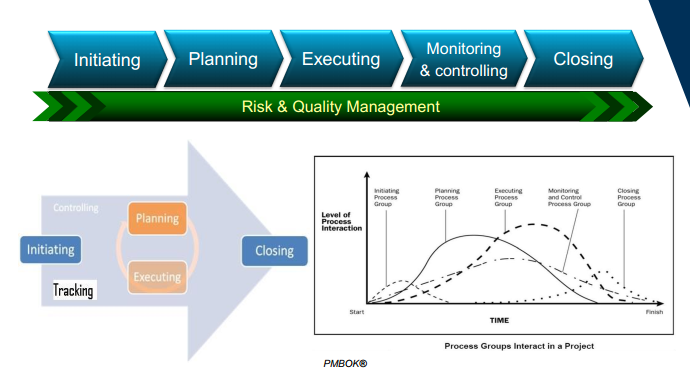|
Autonomous Robots have emerged as a groundbreaking technological advancement that is revolutionizing various industries across the globe. These intelligent machines are capable of performing tasks without human intervention, making them increasingly significant in today's fast-paced world. This article explores the applications, benefits, and challenges associated with autonomous robots. One of the most prominent fields benefiting from autonomous robots is manufacturing. These robots possess advanced sensors, cameras, and algorithms that enable them to navigate complex environments and perform intricate tasks with precision. They can assemble products, operate machinery, and carry out repetitive actions efficiently, leading to increased production rates and improved product quality. By taking over mundane and labor-intensive tasks, autonomous robots free up human workers to focus on more creative and strategic responsibilities. Autonomous robots also play a crucial role in the healthcare industry. They can assist in surgeries, deliver medication and supplies, and provide companionship to patients. Robotic surgical systems, such as the da Vinci Surgical System, have transformed the field of surgery by offering enhanced precision, smaller incisions, and faster recovery times. In addition, robots equipped with artificial intelligence algorithms can analyze medical data, aiding in diagnosing diseases and predicting patient outcomes. Transportation is another area where autonomous robots are making a significant impact. Self-driving cars are becoming increasingly common, aiming to enhance road safety and reduce traffic congestion. These vehicles rely on a combination of sensors, cameras, and machine learning algorithms to perceive their surroundings and make informed decisions. Furthermore, autonomous drones are being used for delivery services, surveying inaccessible areas, and even assisting in disaster relief operations. The benefits of autonomous robots are undeniable. Apart from increasing productivity and efficiency, they also enhance safety by eliminating human error and reducing workplace accidents. Additionally, they can operate in extreme conditions and hazardous environments, such as nuclear power plants or deep-sea exploration, where human presence may be risky. Autonomous robots have the potential to revolutionize industries, streamline operations, and contribute to economic growth. However, there are challenges that need to be addressed. One concern is the ethical implications of relying heavily on autonomous robots. Questions arise regarding accountability, decision-making in critical situations, and potential job displacement due to automation. Striking a balance between human involvement and machine autonomy is essential to ensure responsible and ethical deployment of these technologies. Moreover, ensuring the security and resilience of autonomous systems is crucial. As these machines become interconnected through the Internet of Things (IoT), they may become vulnerable to cyber threats and hacking attempts. Robust cybersecurity measures must be implemented to safeguard against potential breaches and protect sensitive data. In conclusion, autonomous robots are transforming multiple industries by automating tasks, improving efficiency, and enabling new capabilities. From manufacturing to healthcare and transportation, their applications are diverse and promising. By addressing the associated challenges and fostering responsible development, we can harness the full potential of autonomous robots and shape a future where humans and intelligent machines coexist harmoniously for a prosperous society.  |
